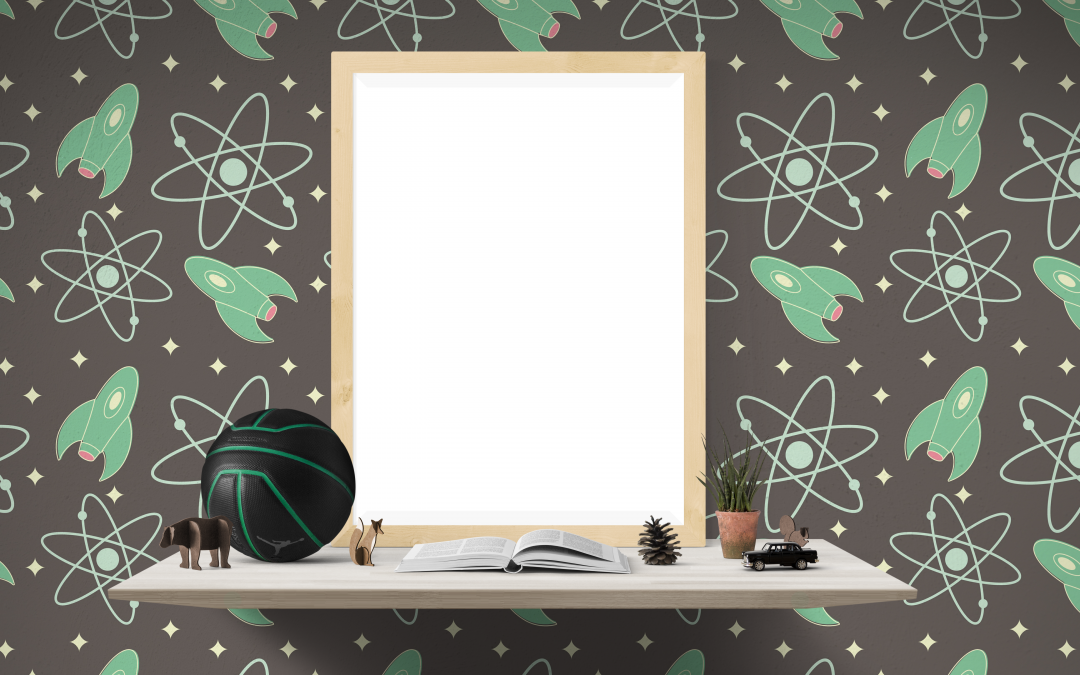When we do Science lessons at school we often teach topics which would be better worked without textbooks. Sometimes Science cannot be learnt through paper; it needs to be experimented. Specialists in the subject all around the world have studied and investigated to reach to the same conclusion: Experiments, Science and Schools combined lead us to happy kids and success in the teaching-learning process. This post relies on that fact and it introduces a set of worksheets to encourage Science Teachers to try experimenting in their CLIL Science lessons.
Have you ever seen a child observing snails movement and touching them just to realise they will hide in their shell? Have you ever seen a child digging in the soil in search of stones, slugs and worms? My ten months baby grabs grass and observes it carefully. She spins it and changes her treasure from one hand to another, realising about its texture and shape. Finally, she puts it into her mouth just to get a fully understanding of the thing, which includes being aware of that it tastes quite different from her regular food. It seems kids have a natural tendency to enjoy experimenting in the natural world. They also build essential science process skills such as observing, classifying, and sorting (Eshach & Fried, 2005; Platz, 2004).
Dr. Kathy Cabe Trundle, author of «Teaching Science During the Early Childhood Years», reflects on different research studies on the importance of Science in early childhood getting, among others, to the following points:
- Children have a natural tendency to enjoy observing and thinking about nature (Eshach & Fried, 2005; Ramey-Gassert, 1997).
- Young children are motivated to explore the world around them, and early science experiences can capitalize on this inclination (French, 2004).
- Developmentally appropriate engagement with quality science learning experiences is vital to help children understand the world, collect and organize information, apply and test ideas, and develop positive attitudes toward science (Eshach & Fried, 2005).
- Quality science learning experiences provide a solid foundation for the subsequent development of scientific concepts that children will encounter throughout their academic lives (Eshach & Fried, 2005; Gilbert, Osborne, & Fenshama, 1982).
- Early Science work exposition constructs understanding of key science concepts and allows for future learning of more abstract ideas (Reynolds & Walberg, 1991).
- Engaging science experiences allow for the development of scientific thinking (Eshach & Fried, 2005; Ravanis & Bagakis, 1998).
Furthermore, the equipment of Science First consider that «Science experiments play a very crucial role in the on going intellectual development of children» and additionally they add that «in science laboratories, children get time, space, as well as resources to exercise their curiosity. They are given the freedom to engage in new explorations, experimentations, and explanations«.
Therefore, it seems experiments in Science class is a must for any Primary Education Science Teacher.
Therefore, no surprises Teachers: our students love experiments! I think that teaching Natural Science without experimentation… it is not teaching; is not Science; and definitely: it is not going to be significant learning.
Let me tell you that the first time I decided to do labs in Science F-E-A-R took control of me. That was my feeling. I did not have neither previous experience doing lab practices nor knowledge about it. I only had a great disposition, and my poor memories from my first year in High School, were a Natural Science Teacher did some lab practices with us. Anyway, it was my conviction that by doing labs students:
- Would get really motivated with Science in a foreign language;
- would fully understand, assimilate and integrate content knowledge;
- would be capable of internalising the different roles in group work, sharing responsibilities and being able to perform each of them and to respect others when having a more/less important task within the group.
If we consider all the previous information… It is obvious what we have to do, even though the HOW is not so obvious…
I have created simple lab worksheets according to the programmed didactic units. To me it is very important idea of the hypothesis: I wanted my students to use critical thinking, to infer and to speculate with experiments.
From my experience, students improve enormously by doing labs, not only in the Science area (what they do), but also in some of the other skills they are going to need in their lives. This is why I think it is worth sharing the worksheets I use. Some of them can be used with very young learners in the first cycle of Primary Education; other could be considered more appropriate for older kids. Anyway, since every single class has its peculiarities, let yourselves decide when and how to use them.
I will probably develop more in the future but if you need something specific now and you cannot find it here, let me know. If I get some requirements I will be pleased to create the new material for you.
I hope you find this Science Labs Worksheets useful!
To be updated with the new materials we publish, subscribe to our newsletter at inglesconmispeques.com



Thank you for sharing! I have 6th level students and I didn’t know what to do.
Dear Marta,
thank you very much for your comment! I can tell you 6th graders will love some of them. Enjoy your CLILing!